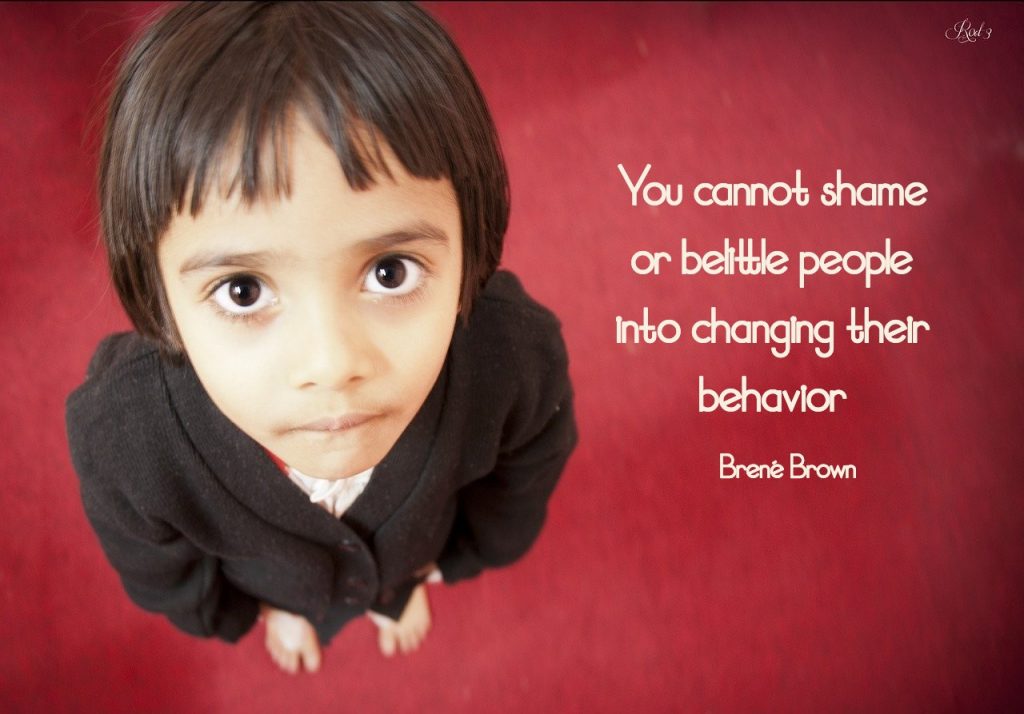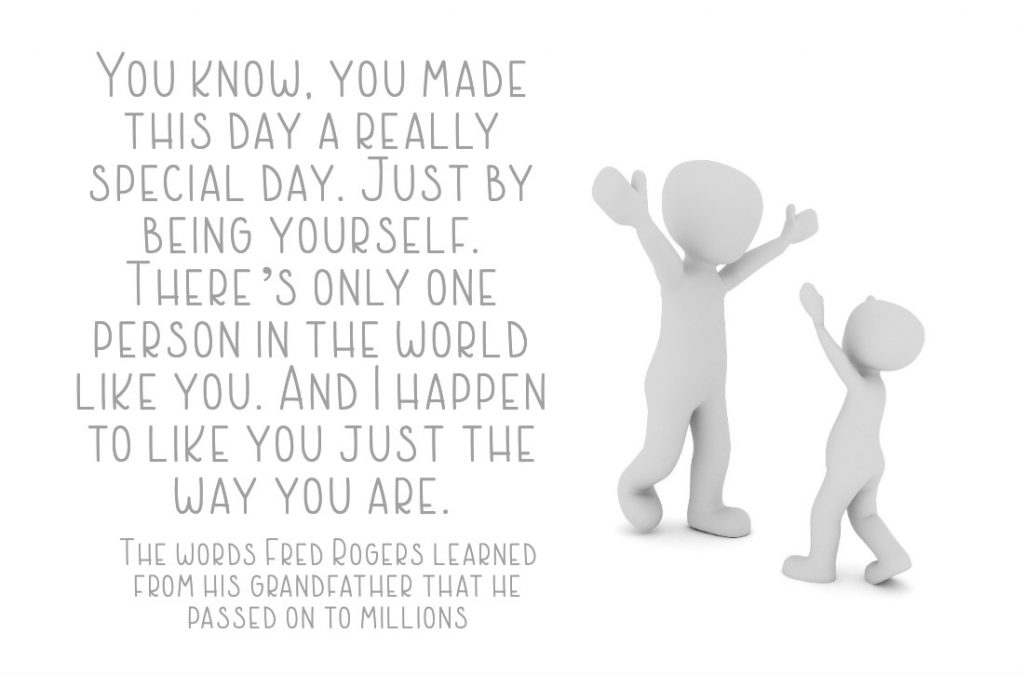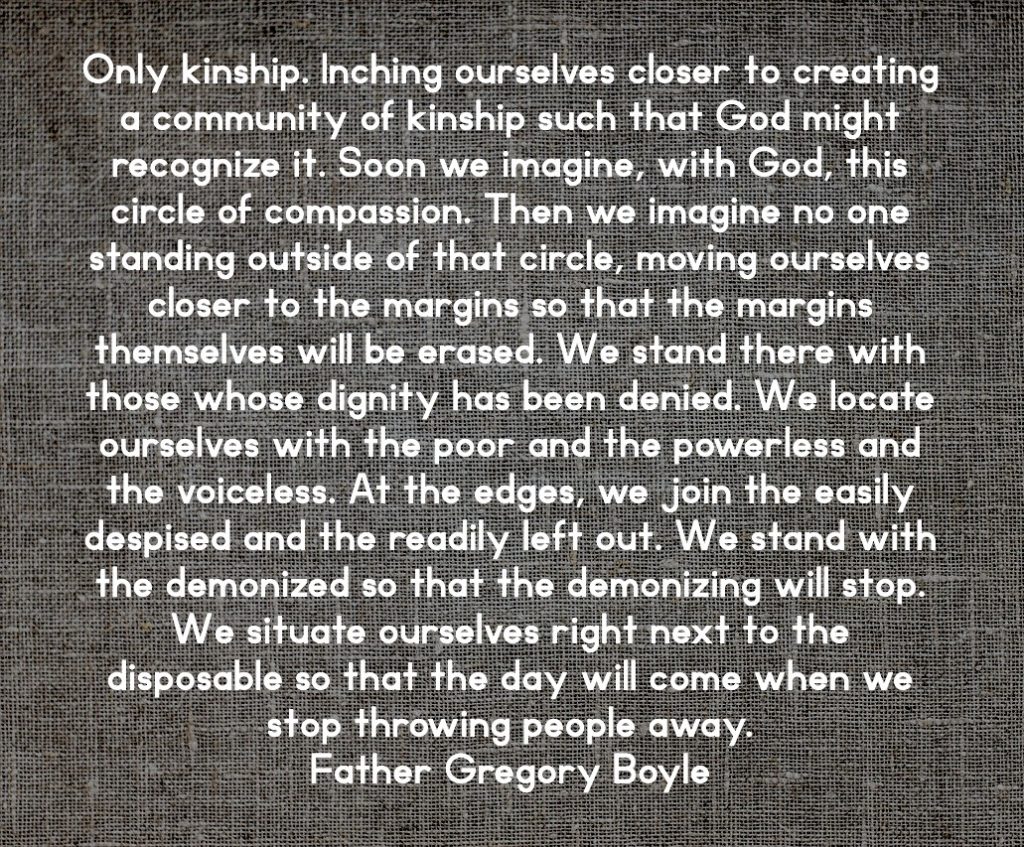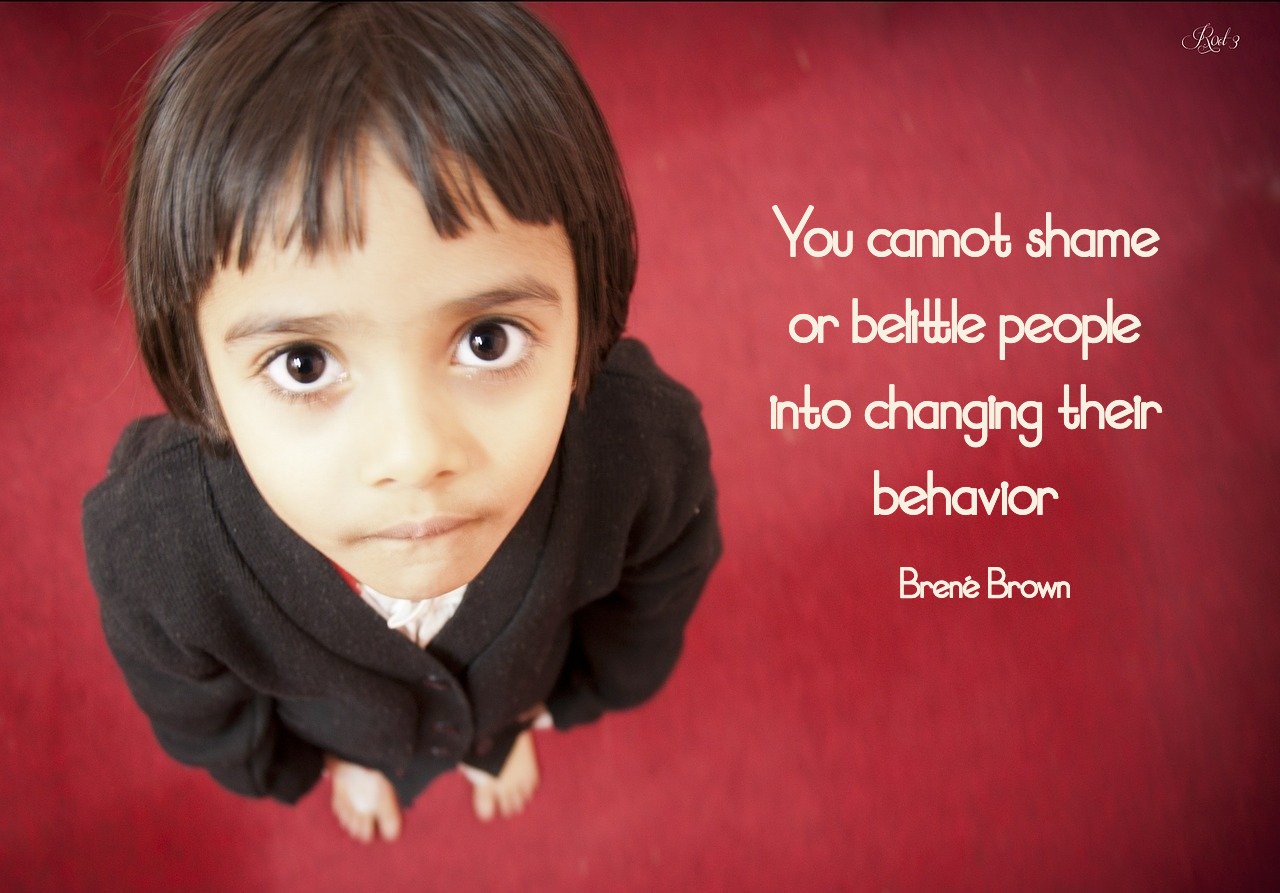Dear Premier Pallister,
I looked online yesterday to see about an interview I did with Global News on Friday about the recent horrible assault on the liquor store employee in Tyndall Park. I stumbled upon an article that mentions the two of us.
The article quoted you as saying:
“Ultimately, it’s just got to be absolutely clear to anyone out there that this kind of behaviour, individuals choosing to act like this, is totally unacceptable, and the full force of the law will be brought to bear on people engaged in this kind of behaviour,” he said.
“We have ways of finding you and we are going to find you, and you will be prosecuted to the full extent of the law… so re-think your decision making.”
Pallister said people, in his view, are looking at the situation through a skewed lens, describing the perpetrators as victims.
“We need to get away from that false, mistaken way of thinking,” he said. “I come from a poor background, but I didn’t choose to engage in criminal activity.
“It’s just a phony excuse and we’ve got to start treating it like that.”
I then read the following:
Some experts, however, say Pallister is missing the nuance in the situation.
Counselor Carolyn Klassen told 680 CJOB the issue is more complicated than a lot of people are making it out to be.
All behaviour is a form of expression and I don’t want to justify or excuse the violence at all,” she said, “but I think if we just see them as monsters and dehumanize them, that can just perpetuate the problem.
“I think the challenge is what’s going on that puts people in a position that this seems to be the thing for them to do.
“This is not normal behaviour. This is not something people want to do. This is a product of what’s going on in their world, and we need to figure out how to make this a place where that’s not something that crosses people’s mind.”
Gulp!
This is definitely the first time I would have been pitted against the leader of our province in such a public way. It hasn’t felt comfortable to me.
To be clear, I was raised to be respectful of leaders. I fear my words will be seen as disrespectful to you, and disregard the efforts you make to run our province well. Being a politician is challenging. I imagine it’s a little like herding cats.
I am not cut out to be a politician, will never be one, don’t know what it is like to be one–and so am reluctant to be seen as an armchair quarterback on how you do your job.
The words I spoke were quoted from an off the cuff conversation I had with my buddy, Hal Anderson on Thursday afternoon on 680CJOB. He brought the assault up and I spoke from my heart about what I believe, and from my head, from my reading and the research. The city was reeling from the video which showed the graphic violence. However, I wasn’t as eloquent as I would have like to have been given that the conversation came out of nowhere.
Please know that you and I agree on having natural outcomes for behaviour. The law is clear that when you harm someone there are consequences. Thank you for your work in protecting our society from those that seek to harm others.
However, violent behavior often arises, as Gregory Boyle would say, from a lethal absence of hope. He would say that not all choices are created equal.
When you have been raised in an environment where people tell you that you:
- are garbage
- are unlovable–or at least, aren’t shown that you are
- are unimportant, and
- will never amount to something
–well, frankly, you start to believe it. You live out of the truth that you have been taught. I suspect you and I are the same as the 15 year old who so brutally assaulted the liquor store employee–we are heavily influenced by our environment.
I had two parents who loved me, who raised me to know that I would attend university and make a contribution. They fed me, clothed me, and kept me safe. I believed them when they told me I was lovable and capable of contributing to the world.
You and I both want the streets to be safer. To tell someone who has made a terrible mistake that they are a terrible person sentences them to a life of doing terrible things, because they do not believe they are anything but terrible, and capable to doing anything but terrible things.
If we want people who have such an absence of hope, such a dim view of themselves that the bar is set so very low that harming another is acceptable to change–we have got to give them something different to believe in about themselves.

This is the research.
Mr. Pallister…think about some of the times you have made mistakes. I get that it may not be publicly safe to acknowledge them, but I suspect, given that you’re human, that you’ve made your share. 😉
What made you do better?
Was it being yelled at, made to feel small, told you were a rotten person?
I know that I do better when people believe in me, tell me what they know me to be capable of, and inspire me to be the best version of me.
In other words, they love me.
I don’t think I’m unique in that way. I think that is the way us humans are wired.
Watch this, please, Premier Pallister? You will see what I mean. It’s a powerful depiction of how folks can have their perspectives changed when we really see them:
I write this on the weekend that the movie about Fred Rogers and his neighborhood is released. He spent his lifetime repeating a message to young children about their value. His message is admired–and understood to be important.

In our world, there are children who didn’t hear this message. Maybe they didn’t hear it often enough. Maybe they couldn’t internalize it. But when people feel that they are loved for who they are, they don’t do hurtful, harmful things.
Premier Pallister, I do believe Fred Rogers was onto something important. How do we create a province where each child feels loved. Please understand, I’m not asking you to pull that off. That’s impossible.
What if you invited Manitobans to join you to create a province where together we all work together to have all children feel loved and cared for–and we accepted the invitation?
Imagine the possibilities if we could create hope for each child making such radical violent and harmful behaviour unnecessary.
Premier Pallister, I am not suggesting that we let criminals go free, and we disregard the pain of the victims. But I am saying that we need to find ways of having people who do bad things know that they are not bad, but rather making poor choices. When we help them believe in themselves, they will make better choices.

I mean no disrespect, Premier Pallister. You work hard towards a better province.
I want a better province too. I want a kinder gentler world. There are many people in our city who:
- pull granola bars out of their desks to give to their students,
- volunteer at a drop in for youth,
- pick up needles along with the others in the Bear Clan
- spend time with a neighbor’s child who lacks a role model
- extends a hug to a kid who doesn’t get nearly enough
- provide mental health support on crisis lines or drop ins or visits with those who struggle with mental illness
Let’s all work together to reduce crime in Manitoba. Let’s do this with boundless compassion–for those who are hurt by crime, and for those who hurt so much that they commit acts of violence







Write a Comment